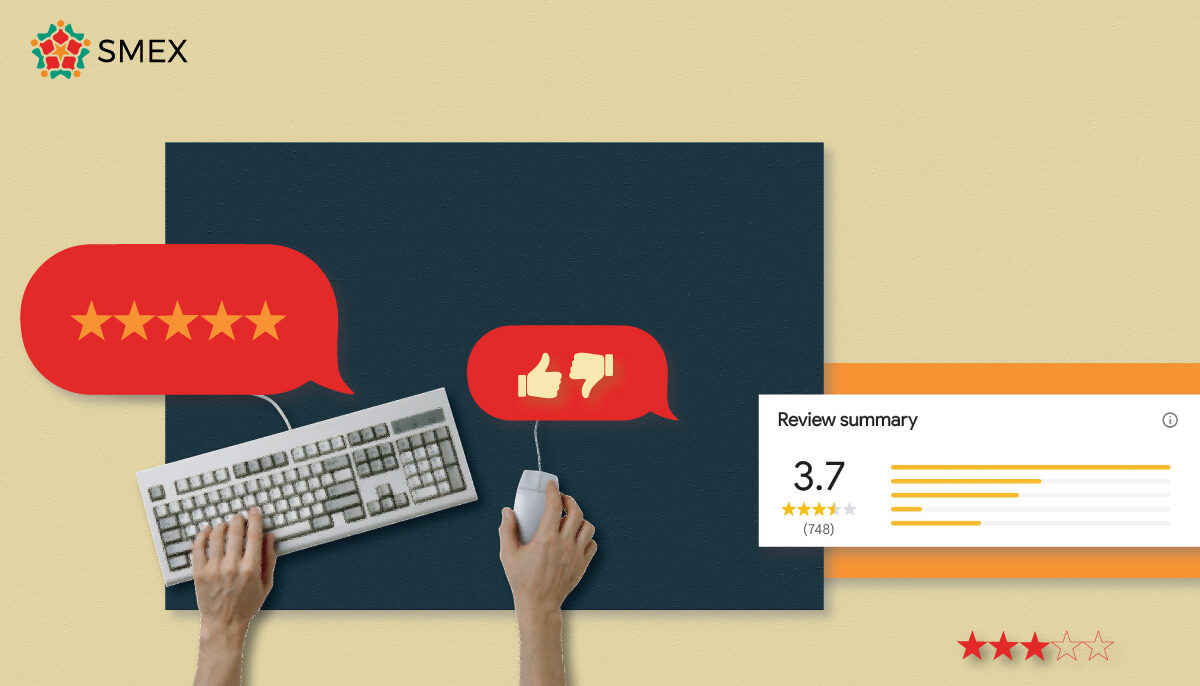To document his bad experience at a dental clinic, Adel (a pseudonym) posted a review on Google. Despite adhering to the platform’s rules on honesty and defamation, Adel was summoned to a judicial police station for “slander and defamation.”
Adel thought he was going to the station to give a statement and was willing to remove his review “to avoid wasting his time.” However, he was shocked by the humiliating treatment he received. He faced psychological pressure for hours without a chance to explain why he left a negative review in the first place.
“This incident is just an example of the daily violations committed by the Public Prosecution and police officers at stations,” explained Farouk Al-Maghraby, a human rights lawyer.
“Authorities often resort to excessively applying penal code punishments, especially for defamation, against those exercising their right to free speech,” Al-Maghraby added.
“This leads to criminalizing the right to freedom of expression while humiliating individuals for sharing their opinions.”
Previous Experiences with Bad Reviews
Since 1998, Imad Bazzi, a human rights advocacy expert, has been using Instagram and X under the account “trellalb.”
Among other issues, Bazzi is known for fighting a fierce battle against Eden Hotel Bay for its infringement on public marine property in 2018.
Bazzi encouraged users to leave negative reviews on the hotel’s online accounts as a way to fight this tourist establishment’s intrusion on public beach property.
In response, the hotel filed a complaint against Bazzi, who was summoned to the Cybercrime Bureau in Lebanon.
“People create content on these platforms, and without them, spaces such as Facebook, Instagram, X, and Trip Advisor would just be empty,” Bazzi explained to SMEX, emphasizing the importance of blogger reviews on online platforms.
According to Bazzi, in some cases, reviews can be “a means to advocate for causes, as they constitute a tool to exert non-violent pressure and mobilize public opinion.”
Based on his involvement in countless public opinion causes, Bazzi developed a model that embodies the power of freedom of expression on social media. He sees it as a way to rally support and a tool utilized by the public to advocate for issues of concern.
He further clarified to SMEX that “the use of social media weakens the financial and political influence that control public opinion in mainstream media.”
“It exposes the mentality upheld by influential figures to repress freedom of expression, even if it is manifested by a simple negative review,” he added.
An Absence of Relevant Legal Texts
Farouk Al-Maghraby refers to a “prevailing tendency to selectively enforce the decisions issued by the Public Prosecution and its agencies, revealing the complainant’s power to challenge any review or content posted on social media.”
Al-Maghraby also stated that there is no unified standard specifying the agencies entitled to investigate these complaints.
These are usually State Security police stations, the Cybercrime Bureau, and the Publications Court. Often, they end up issuing an order to remove the post or a forced pledge not to write similar content in the future.
Al-Maghraby adds that under these conditions, it is only expected that ordinary citizens are subject to daily violations, especially since they are difficult to accurately track and document, such as in the case of the dental clinic review.
Accordingly, Al-Maghraby believes the problem is the violations by the Public Prosecution when they force defendants to remove posts or restrict their freedom, effectively taking over the role of the court.
He stresses that some articles of the Penal Code must not be applied to freedom of expression and opinion.
“The damage caused by exercising such freedoms must be treated as civil damage, and the description of the alleged act should be changed from ‘crime’, by virtue of the Penal Code, to ‘quasi-crime’ by virtue of the Code of Obligations and Contracts.”
Al-Maghraby notes that most citizens are not sufficiently versed in the law to challenge some illegal practices, such as being summoned for a freedom of expression case.
“The fastest way to protect freedom of expression and opinion is to have an internal body that prevents prevalent practices and holds accountable the lawyers and public prosecutors who act unlawfully.”
Ayman Mhanna, the Executive Director of the Samir Kassir Foundation’s SKeyes Center for Media and Cultural Freedom, believes that violations related to free speech on social media cannot be looked at as separate from the general political context in the country.
Mhanna explained that people resort to different platforms to express their opinions. At times, such expressions can take the shape of bullying and hate speech.
“The Public Prosecution, however, only takes action in response to complaints regarding the criticism of a public figure. This is shameful because it employs the judiciary and security agencies to defend the strong, leaving the rest unprotected.”
The right to freedom of opinion on social media remains subject to the discretion of investigators at Public Prosecution Offices or relevant security and police stations.
In some instances, simply ordering the removal of the post is not enough, Mhanna concludes. It may escalate to publicly humiliating anyone daring enough to express their views.



